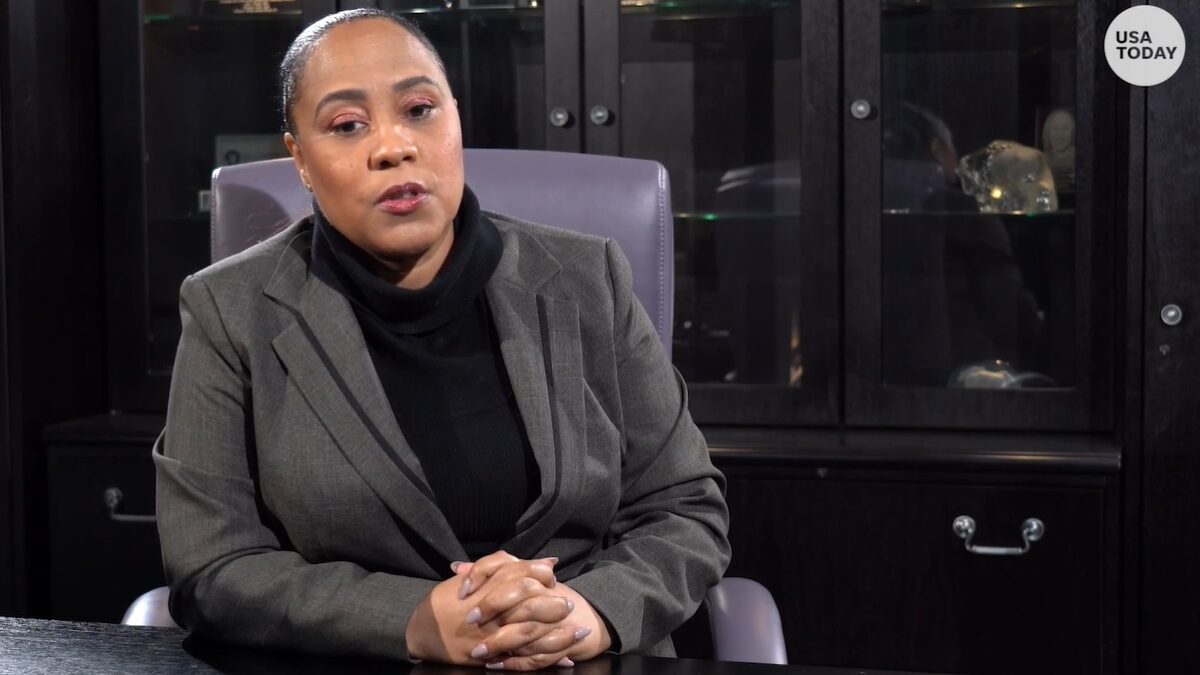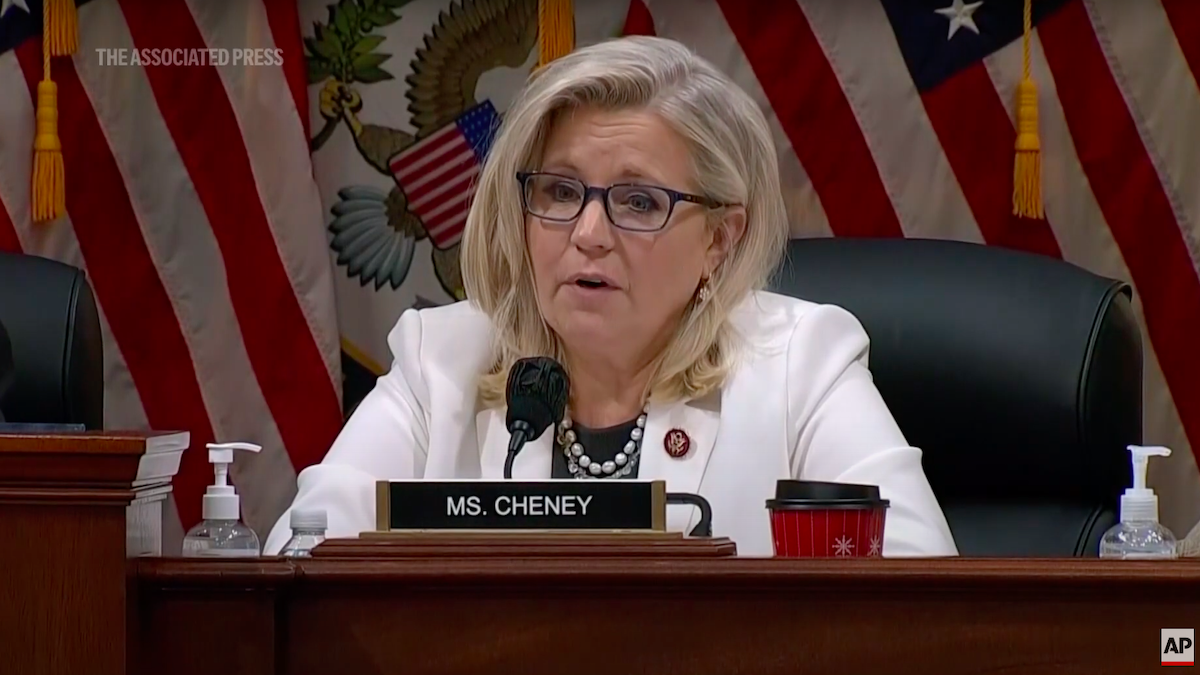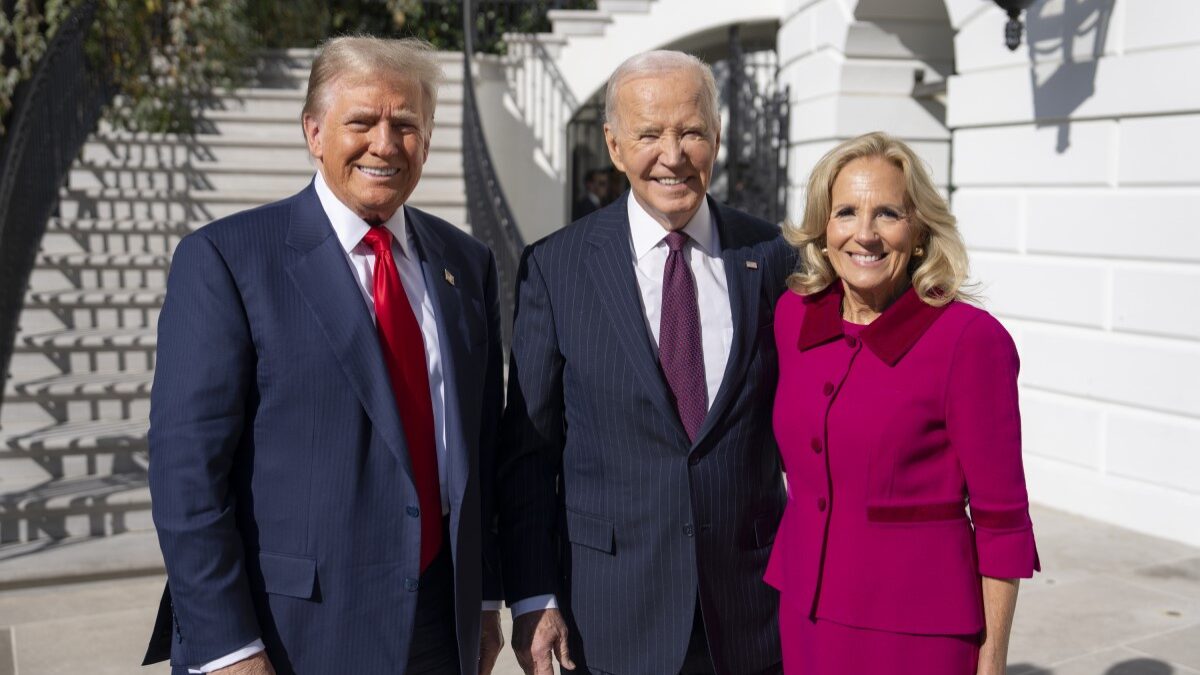
I’ve always sympathized with the leftist argument that progressive candidates can win in red and purple states by making their cases boldly, rather than running on half-hearted moderate platforms or just leaving the job to centrists. This was the pitch made by Jason Kander, who barely lost his Missouri Senate bid in 2016.
At Netroots Nation in 2017, Kander contended that “Voters will forgive you for believing something that they don’t believe so long as they know that you truly believe it.” In Missouri, he said, Democrats “[won] the argument over background checks” because “we were willing to make our argument, to do it unapologetically, and that’s what people are looking for.” That was the argument behind Randy Bryce’s ill-fated, but high-profile bid to take Paul Ryan’s seat in 2018.
I think that case is crumbling. I’ve always bought it for a couple of reasons: (1) Kander is right that voters prize authenticity heavily and (2) populism is a strong force in many swing-states and leftist populism is a part of that. To the first point, it was Ronald Reagan who made the “bold colors” over “pale pastels” argument, and I still believe that applies. It’s both morally right and politically expedient given the important role authenticity plays in voters’ calculuses.
That said, socialism might just be too bold—and a lot of leftist populism verges on some version of it. Rep. Alexandria Ocasio-Cortez, D-N.Y., is a proud champion of “democratic” socialism, and includes Medicare for All, “housing as a human right,” free public college, and other proposals as part of that agenda. Despite being extremely popular with the corporate press and arbiters of popular culture, AOC consistently does not poll well nationally.
She made a version of the Kander argument on Thursday in response to some pretty accurate (but laughably delayed) introspection from former Sen. Claire McCaskill, D-Mo. “McCaskill tried her approach,” the congresswoman tweeted. “She ran as a caravan-hysteria Dem& lost while grassroots organizers won progressive measures in MO. Her language here shows how she took her base for granted.”
Why do we listen to people who lost elections as if they are experts in winning elections?
McCaskill tried her approach. She ran as a caravan-hysteria Dem& lost while grassroots organizers won progressive measures in MO. Her language here shows how she took her base for granted. https://t.co/ZnTXI59MW9
— Alexandria Ocasio-Cortez (@AOC) November 5, 2020
Democrats in other pockets of the country clearly believe being tied to socialism creates a campaign vulnerability. Consultants and establishment operatives get a lot wrong about voters, but Republicans believe socialism hurts Democrats too.
At a lunch last fall, Republican National Committee Chairwoman Ronna McDaniel told me socialism was swaying swing-state, college-educated suburban women in focus groups. “The socialism issue is really resonating with them, and that’s different in each state. But that’s something that’s resonating in Michigan and Pennsylvania suburbs, those sorts of areas.”
“Where the left is going — open borders, no rule of law, health care for undocumented immigrants — these are things that when you come down to the binary choice, maybe they say, ‘Okay, I don’t like this about what’s happening right now, but here’s what’s coming my way. And this means poverty. This means a government takeover of my private health care plan, maybe losing my private health care plan. I like my doctor, I like my pediatrician, I don’t want the government taking those things away,'” McDaniel explained. “So when you frame it that way, it does move them back.”
After commissioning a 22-week swing-state focus group, a senior adviser at N2 America told me earlier this week that suburban voters are “worried” about far-left socialist ideas taking root in the Democratic Party. Early indications suggest fears about creeping socialism also inspired some Hispanic voters to support the GOP in Tuesday’s elections.
Granted, this evidence applies only to two demographics, but suburban voters and Hispanic voters are both important demographics and large ones. Leftists often mocked the idea voters would ever buy the notion that Joe Biden and his fellow moderates are puppets for socialism, but some, not insignificant amount of people were sufficiently spooked by that. (And they weren’t entirely wrong.)
In the same way some working-class voters see hope in Donald Trump, others see it in Bernie Sanders. His populist message, which features the full slate of democratic socialist economic proposals, finds appeal with blue-collar voters just as it finds appeal with Oberlin graduates. That’s obviously meaningful.
Authenticity, as Kander suggests, is almost certainly a major part of that. Again, I sympathize with leftists because the Democratic establishment is run by corrupt elitists, and working people deserve lawmakers who fight that.
But aside from Democratic primary races, where far-left populism packaged in authentic candidates seems to work well even with red-state voters (See: Kara Eastman, Cori Bush), no degree of authenticity seems capable of overcoming the political poison of socialism beyond deep blue enclaves. Not yet, at least. So long as suburban voters and Hispanic voters remain powerful blocs and remain averse to socialism, far-left populism still isn’t an easy sell in state-wide or national races outside Democratic strongholds.








